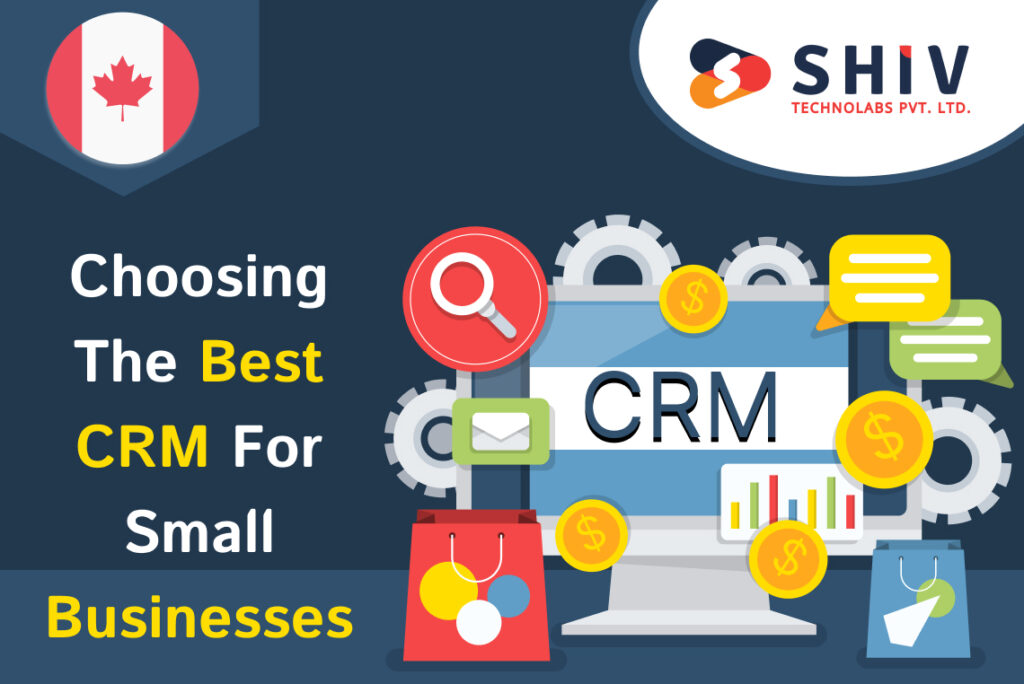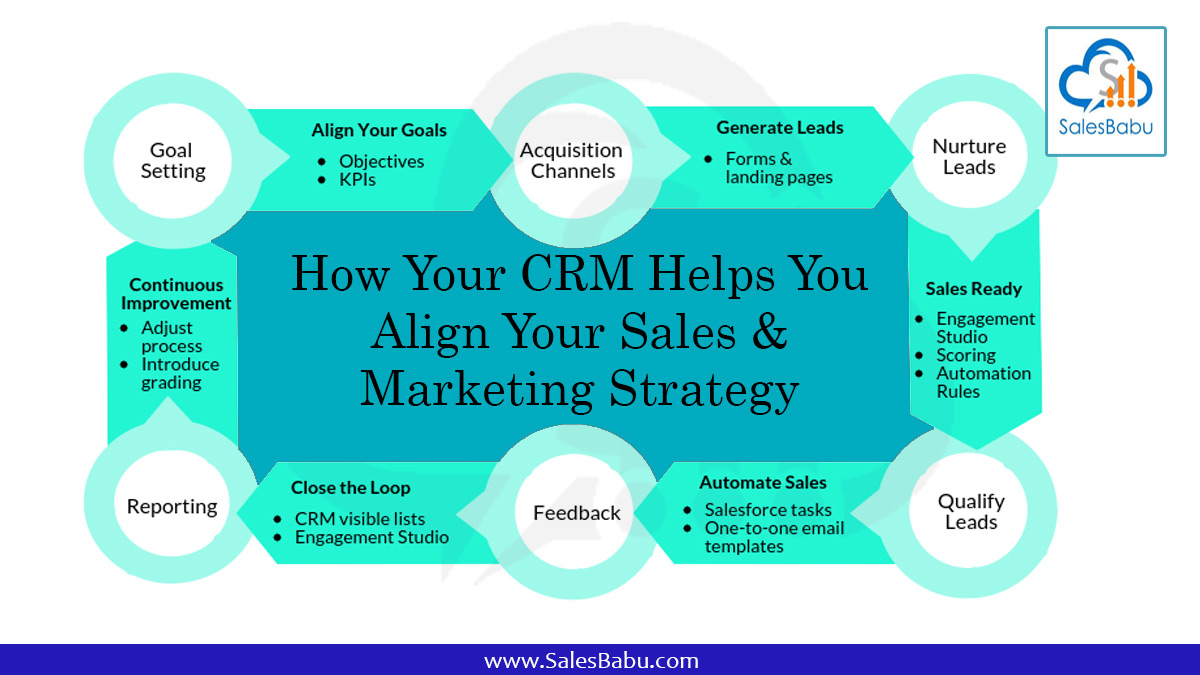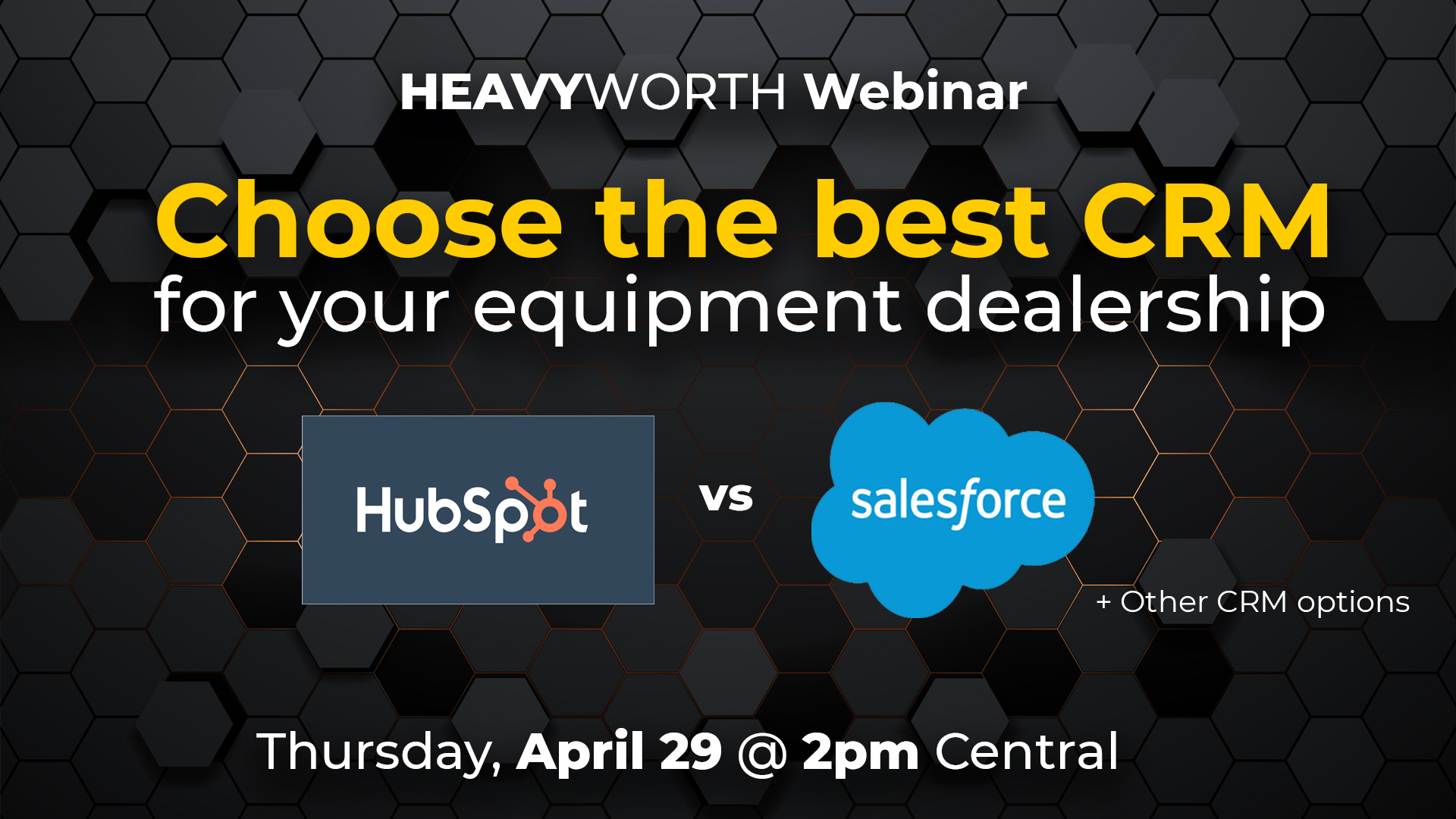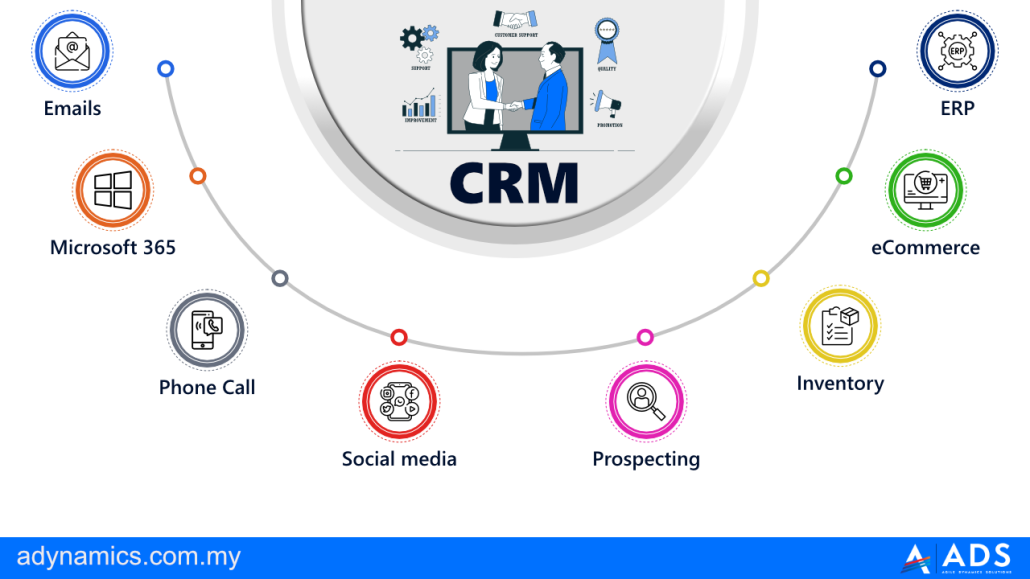Choosing the Right CRM for Your Small Business: A Comprehensive Guide

Choosing the Right CRM for Your Small Business: A Comprehensive Guide
Starting and running a small business is an exhilarating journey. You’re the visionary, the strategist, the doer, and often, the everything-er. Amidst the hustle and bustle of building your dream, one critical element often gets overlooked: customer relationship management, or CRM. Choosing the right CRM for your small business isn’t just about having a fancy piece of software; it’s about empowering your team, streamlining your operations, and ultimately, boosting your bottom line. This comprehensive guide will walk you through the entire process, from understanding your needs to implementing your chosen solution.
What is a CRM and Why Does Your Small Business Need One?
Let’s start with the basics. CRM, or Customer Relationship Management, is a system that helps you manage your interactions with current and potential customers. It’s more than just a contact list; it’s a centralized hub for all customer-related information. Think of it as the brain of your customer interactions.
Here’s why a CRM is essential for your small business:
- Improved Customer Relationships: A CRM provides a 360-degree view of your customers, allowing you to personalize interactions and build stronger relationships. You’ll know their purchase history, preferences, and communication history, enabling you to tailor your approach.
- Increased Sales: By tracking leads, managing the sales pipeline, and automating tasks, a CRM can significantly boost your sales performance. You can identify high-potential leads, nurture them effectively, and close deals faster.
- Enhanced Efficiency: Automate repetitive tasks like data entry, follow-up emails, and appointment scheduling. This frees up your team to focus on more strategic activities.
- Better Data and Reporting: A CRM provides valuable insights into your customer behavior, sales performance, and marketing effectiveness. You can track key metrics, identify trends, and make data-driven decisions.
- Improved Collaboration: A CRM centralizes customer information, making it accessible to all team members. This ensures everyone is on the same page and can provide consistent customer service.
Understanding Your Small Business Needs Before Choosing a CRM
Before you dive into the world of CRM software, take a step back and assess your business needs. This crucial step will save you time, money, and headaches down the road. Here are some key questions to ask yourself:
1. What are Your Business Goals?
What do you want to achieve with a CRM? Are you primarily focused on increasing sales, improving customer service, or streamlining marketing efforts? Your goals will influence the features you prioritize.
2. What are Your Current Pain Points?
What challenges are you currently facing in managing customer relationships? Are you struggling with disorganized data, inefficient processes, or lack of visibility into your sales pipeline? Identifying your pain points will help you choose a CRM that addresses your specific needs.
3. What are Your Key Processes?
Map out your key customer-facing processes, such as lead generation, sales, customer service, and marketing. Understanding these processes will help you determine which features are essential for your CRM.
4. Who Will Be Using the CRM?
Consider the size and structure of your team. Will the CRM be used by sales representatives, customer service agents, marketing professionals, or all of the above? Each user group will have different needs and requirements.
5. What is Your Budget?
CRM software comes in various price ranges, from free options to enterprise-level solutions. Determine your budget and consider both the upfront costs and ongoing expenses, such as subscription fees, training, and support.
6. What Integrations Do You Need?
Do you need to integrate your CRM with other tools and applications, such as your email marketing platform, accounting software, or e-commerce platform? Ensure the CRM you choose offers the necessary integrations.
Essential Features to Look for in a Small Business CRM
Once you have a clear understanding of your needs, you can start evaluating CRM features. Here are some essential features to look for:
1. Contact Management
At its core, a CRM is a contact management system. Look for features that allow you to:
- Store and organize contact information, including names, addresses, phone numbers, and email addresses.
- Segment contacts based on various criteria, such as demographics, interests, and purchase history.
- Track communication history, including emails, calls, and meetings.
- Import and export contact data easily.
2. Lead Management
A good CRM will help you manage your leads effectively. Look for features that allow you to:
- Capture leads from various sources, such as website forms, social media, and marketing campaigns.
- Qualify leads based on their potential and fit with your ideal customer profile.
- Track lead activity and engagement.
- Nurture leads through automated workflows and personalized communication.
3. Sales Automation
Sales automation features can save your team valuable time and effort. Look for features that allow you to:
- Automate repetitive tasks, such as data entry, follow-up emails, and appointment scheduling.
- Create sales pipelines to track deals and visualize the sales process.
- Automate the sales process with pre-defined workflows.
- Generate sales reports and track key metrics.
4. Marketing Automation
Integrate your CRM with your marketing efforts to streamline your campaigns. Look for features that allow you to:
- Segment your audience based on their behavior and preferences.
- Create targeted email campaigns and track their performance.
- Automate marketing workflows, such as lead nurturing and welcome series.
- Track marketing ROI and identify the most effective channels.
5. Customer Service Management
A CRM can also help you provide excellent customer service. Look for features that allow you to:
- Track customer inquiries and support tickets.
- Manage customer interactions across multiple channels, such as email, phone, and live chat.
- Provide self-service options, such as knowledge bases and FAQs.
- Track customer satisfaction and identify areas for improvement.
6. Reporting and Analytics
Reporting and analytics are essential for measuring your CRM’s effectiveness. Look for features that allow you to:
- Generate custom reports and dashboards.
- Track key metrics, such as sales revenue, customer acquisition cost, and customer lifetime value.
- Analyze trends and identify areas for improvement.
- Export data for further analysis.
7. Integrations
The ability to integrate your CRM with other tools and applications is crucial. Look for integrations with:
- Email marketing platforms (e.g., Mailchimp, Constant Contact).
- Accounting software (e.g., QuickBooks, Xero).
- E-commerce platforms (e.g., Shopify, WooCommerce).
- Social media platforms (e.g., Facebook, Twitter).
- Other business applications that you use.
Top CRM Solutions for Small Businesses
Now that you know what to look for, let’s explore some of the top CRM solutions for small businesses. The best choice for you will depend on your specific needs and budget.
1. HubSpot CRM
HubSpot CRM is a popular choice for small businesses due to its user-friendly interface, free plan, and comprehensive features. It offers a wide range of tools for contact management, lead management, sales automation, and marketing automation. HubSpot CRM is particularly well-suited for businesses that prioritize inbound marketing.
Pros:
- Free plan with robust features.
- User-friendly interface.
- Comprehensive features for sales and marketing.
- Excellent integrations.
Cons:
- Limited features in the free plan.
- Can be expensive for larger businesses.
2. Zoho CRM
Zoho CRM is a versatile and affordable CRM solution that offers a wide range of features for sales, marketing, and customer service. It’s a good choice for businesses that need a feature-rich CRM at a reasonable price. Zoho CRM is known for its customization options and strong integration capabilities.
Pros:
- Affordable pricing.
- Customizable features.
- Strong integration capabilities.
- Good for businesses of all sizes.
Cons:
- Interface can be overwhelming for some users.
- Customer support can be slow at times.
3. Pipedrive
Pipedrive is a sales-focused CRM that’s designed to help sales teams manage their pipelines and close deals. It’s known for its intuitive interface and visual pipeline management. Pipedrive is a great choice for businesses that prioritize sales efficiency.
Pros:
- Intuitive interface.
- Visual pipeline management.
- Sales-focused features.
- Easy to use.
Cons:
- Limited features for marketing and customer service.
- Can be expensive for larger teams.
4. Freshsales
Freshsales is a CRM solution that offers a comprehensive set of features for sales, marketing, and customer service. It’s known for its user-friendly interface, affordable pricing, and excellent customer support. Freshsales is a good choice for businesses that need a complete CRM solution at a reasonable price.
Pros:
- User-friendly interface.
- Affordable pricing.
- Excellent customer support.
- Comprehensive features.
Cons:
- May not be suitable for very large businesses.
- Limited customization options.
5. Salesforce Sales Cloud Essentials
Salesforce is a well-established name in the CRM world, and the Sales Cloud Essentials package is tailored for small businesses. While it’s more complex than some other options, it offers a robust set of features and excellent scalability. It’s a good choice for businesses that anticipate growth and need a CRM that can adapt to their evolving needs.
Pros:
- Robust features.
- Scalability.
- Integrations with other Salesforce products.
- Trusted brand.
Cons:
- Can be expensive.
- Steeper learning curve.
- Can be overwhelming for some users.
Implementation and Training: Setting Your Team Up for Success
Choosing the right CRM is only the first step. The success of your CRM implementation hinges on proper setup, data migration, and user training. Here’s what you need to do:
1. Data Migration
Migrating your existing data from spreadsheets, contact lists, and other sources to your new CRM is a crucial step. Ensure your CRM offers tools for importing data and that you clean up and organize your data before importing it. This will ensure data accuracy and prevent errors.
2. Customization
Customize your CRM to match your business processes and workflows. This may involve creating custom fields, setting up sales pipelines, and configuring automated workflows. A well-customized CRM will save you time and effort.
3. User Training
Provide comprehensive training to your team to ensure they understand how to use the CRM effectively. Offer training sessions, create user guides, and provide ongoing support. Proper training will maximize user adoption and ensure that everyone is comfortable using the system.
4. Testing and Refinement
Test your CRM thoroughly before going live. Make sure all features are working correctly and that your data is accurate. Gather feedback from your team and make adjustments as needed. Continuously refine your CRM setup to optimize performance.
Maximizing Your CRM Investment: Best Practices
Once your CRM is up and running, there are several best practices you can follow to maximize your investment:
1. Keep Data Up-to-Date
Regularly update your customer data to ensure its accuracy. This includes updating contact information, tracking interactions, and adding new information as it becomes available. Outdated data can lead to wasted time and effort.
2. Use Automation Wisely
Leverage automation features to streamline your processes and save time. Automate repetitive tasks, such as follow-up emails, lead nurturing, and appointment scheduling. However, avoid over-automating and ensure your communications remain personalized.
3. Track Key Metrics
Monitor key metrics, such as sales revenue, customer acquisition cost, and customer lifetime value. Analyze these metrics to identify trends, measure your CRM’s effectiveness, and make data-driven decisions.
4. Encourage User Adoption
Encourage your team to use the CRM consistently. Provide ongoing training, offer support, and recognize users who are actively using the system. A high level of user adoption is essential for maximizing the benefits of your CRM.
5. Regularly Review and Optimize
Regularly review your CRM setup and workflows. Identify areas for improvement and make adjustments as needed. As your business evolves, your CRM needs will also change. Stay flexible and adapt your CRM to meet your current needs.
The Future of CRM for Small Businesses
The CRM landscape is constantly evolving, and small businesses can expect to see even more advancements in the years to come. Here are some trends to watch:
- Artificial Intelligence (AI): AI-powered features, such as predictive analytics and automated insights, will become more prevalent.
- Increased Personalization: CRM systems will continue to focus on personalization, allowing businesses to deliver highly tailored experiences.
- Mobile CRM: Mobile CRM solutions will become even more sophisticated, allowing businesses to manage customer relationships on the go.
- Integration with Emerging Technologies: CRM will integrate with new technologies, such as virtual reality and augmented reality, to enhance customer experiences.
Embracing these trends will help small businesses stay ahead of the curve and provide exceptional customer experiences.
Conclusion: Making the Right Choice for Your Business
Choosing the right CRM for your small business is a significant decision, but it’s one that can have a profound impact on your success. By understanding your needs, evaluating your options carefully, and implementing your chosen solution effectively, you can build stronger customer relationships, increase sales, and streamline your operations. Remember to focus on the features that matter most to your business, choose a CRM that aligns with your budget, and train your team to use the system effectively. With the right CRM in place, your small business will be well-equipped to thrive in today’s competitive landscape.




